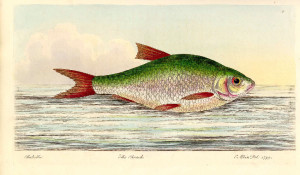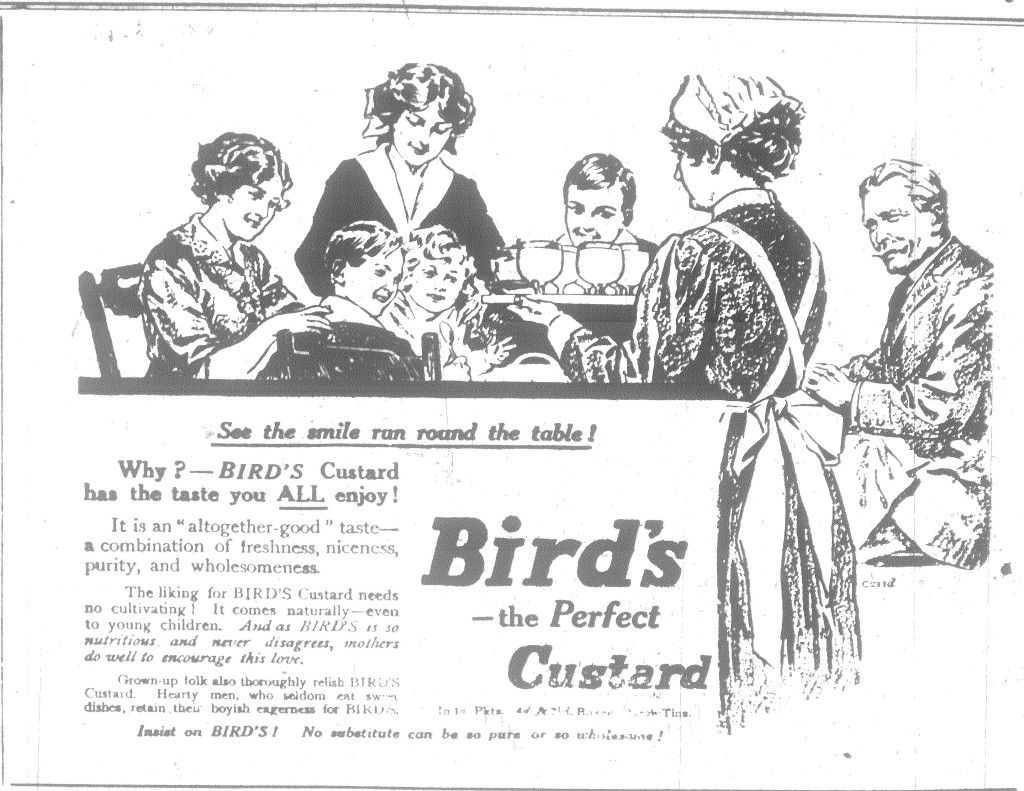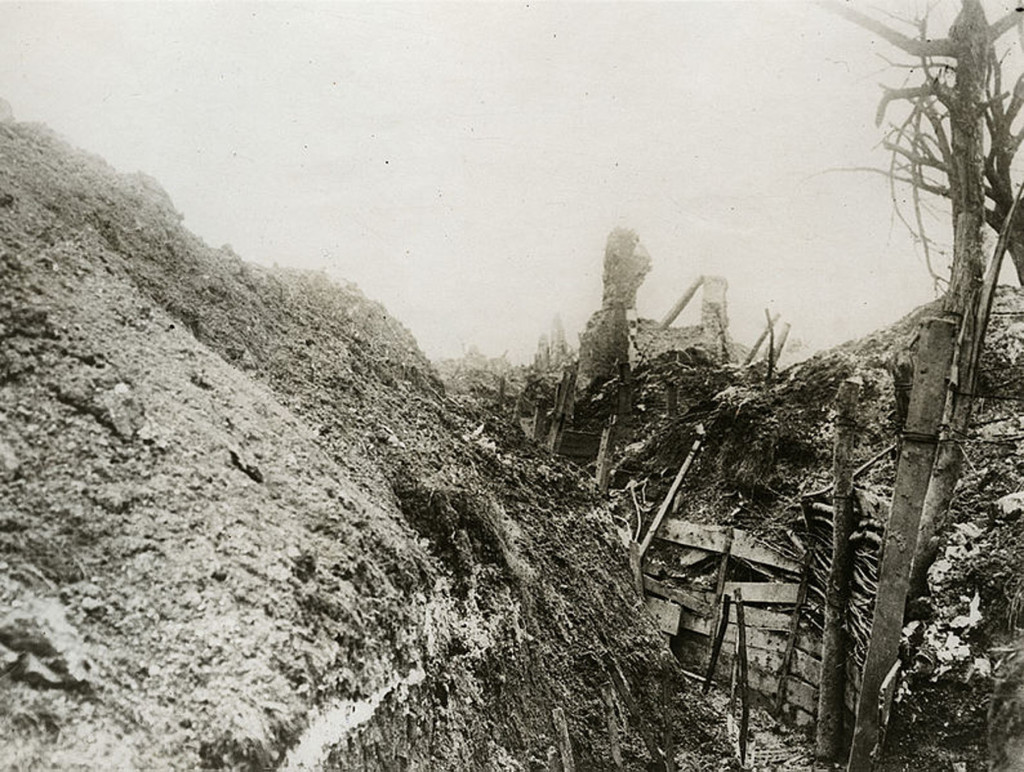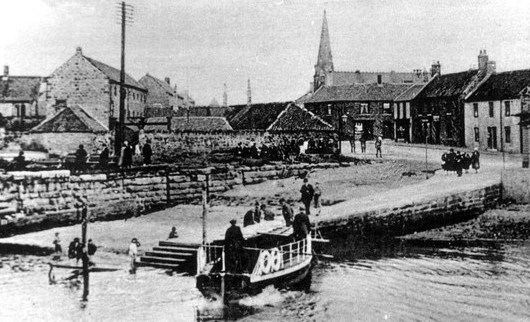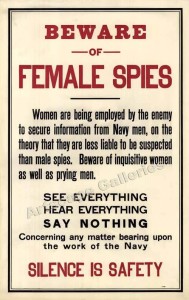BERWICK ADVERTISER, 27 AUGUST 1915
EARLY SHOP CLOSING IN BERWICK
Although it may appear on first examination to be inflicting a hardship on some people to close the merchants’ shops at six o’clock in the evening still it has to be borne in mind that we are living in very abnormal times. It is a time when sacrifices have to be made, and the man or woman who exhibits any hesitancy in adapting himself or herself to the special and exceptional times manifest a want of true consideration to help their country in the hour of its direct necessity. The highest and supreme sacrifice has been paid by many a family during the terrible times we have passed through. The closing of business establishments a few hours earlier is a small matter in comparison therewith, and if it is to safeguard the lives of the community and frustrate the cowardly intentions of an unseen enemy nothing should stand in the way of adopting the most stringent and exacting precautions. There is no reason why a shopkeeper should not be able to close early if the public determine to assist in this direction. If the public resolved to discontinue patronising a particular shop they would very effectively close that shop altogether.
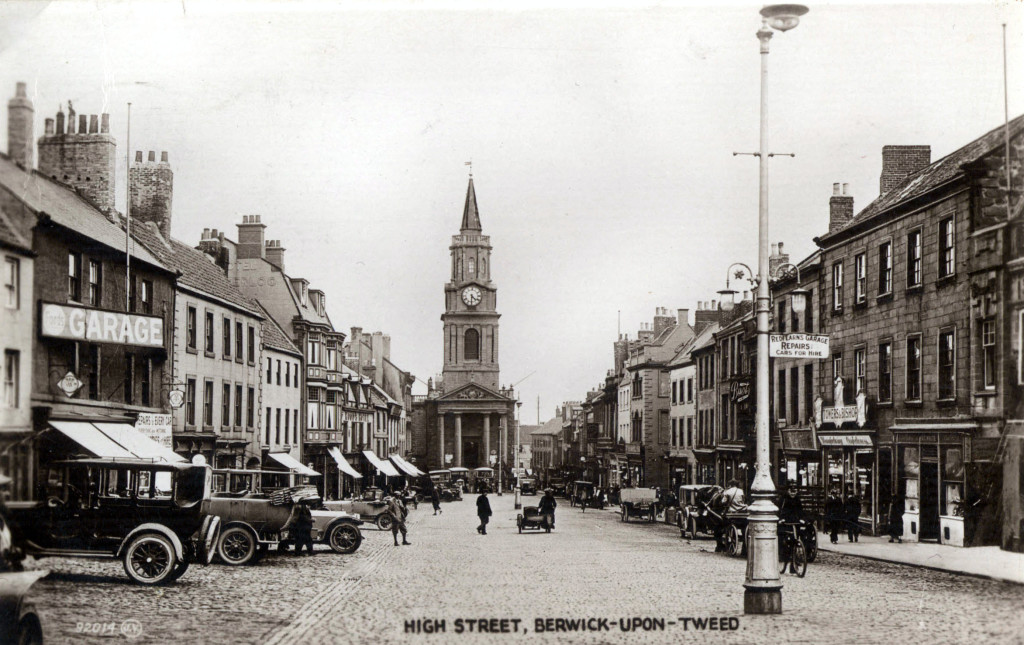
The early closing of business premises, therefore, depends wholly on the public being alive and educated to the fact. And as the early closing does not effect locally till the 1st October there is ample time for all customers to realise the fact, as well as for the various merchants taking adequate steps to meet the inauguration of the new hours. The easiest way to meet the new situation is either for the customer to send in a list of his orders early, or else for the merchant to call at the customers’ residences and take a note of these. On Saturday evening there should be no hardship inflicted, for all will surely manage to purchase there weekend provisions before nine o’clock. Indeed, at the Town Hall meeting, there were no real solid arguments adduced against closing earlier, and as soon as the public can thoroughly comprehend the hours the new method should be found to work quite smoothly in a small borough such as Berwick. No merchant need be afraid of losing his customers, as these will quickly respond to the altered circumstances, and they will not desert patronising a particular shop where they think they have an inducement to buy. Although there was a small minority against the motion which became the finding of the meeting it was very gratifying to observe how whole-heartedly they fell in with the majority. Unanimity means success, and all that is now required is that the various merchants should take full advantage of the reasonable interval before 1st October in reminding all their customers of the changed hours to suit the exceptional needs of the country’s peril.
BERWICK PETTY SESSIONS
Friday
Before Captain Norman, R.N., and J.McNab, Esq
Hanselling of Spittal Lock-Up- A large crowd gathered in the precincts of Spittal’s new Police Station on Thursday afternoon. The occasion was not the opening ceremony of the imposing building by the civic fathers but merely the new cells receiving their first occupant. The crowd again gathered on Friday morning with a view to seeing the delinquent take her departure to the more commodious quarters of Berwick Police Court. However the curious ones were disappointed for the prisoner was taken out by the back door while the crowd waited patiently at the front door. Following upon the foregoing events Mary Johnson, married woman Lanark, was charged with being drunk and disorderly near the Forge, Spittal, at three p.m. on Thursday afternoon. Defendant pleaded guilty, Sergt. McRobb said that upon receiving a complaint he proceeded to the Forge and on the grass
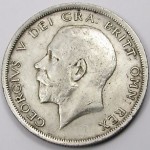
near there found defendant lying in a drunken condition. Defendant had been creating a disturbance and on witness attempting to lift her to her feet she drew forth her hat pins from her hat, and by this action exposed witness to the hatpin peril by attempting to thrust the aforesaid pin into his leg. Foiled in this defendant refused to walk to the lock-up but witness obtained a trap and she was driven there in state. In defence defendant said she had met someone home from the Front. The Chief Constable said defendant had 2s 6d in her possession. Captain Norman-We will relieve you of that half crown with the alternative of seven days imprisonment. The Chief Constable said defendant was the first to be locked up at the new police station at Spittal.
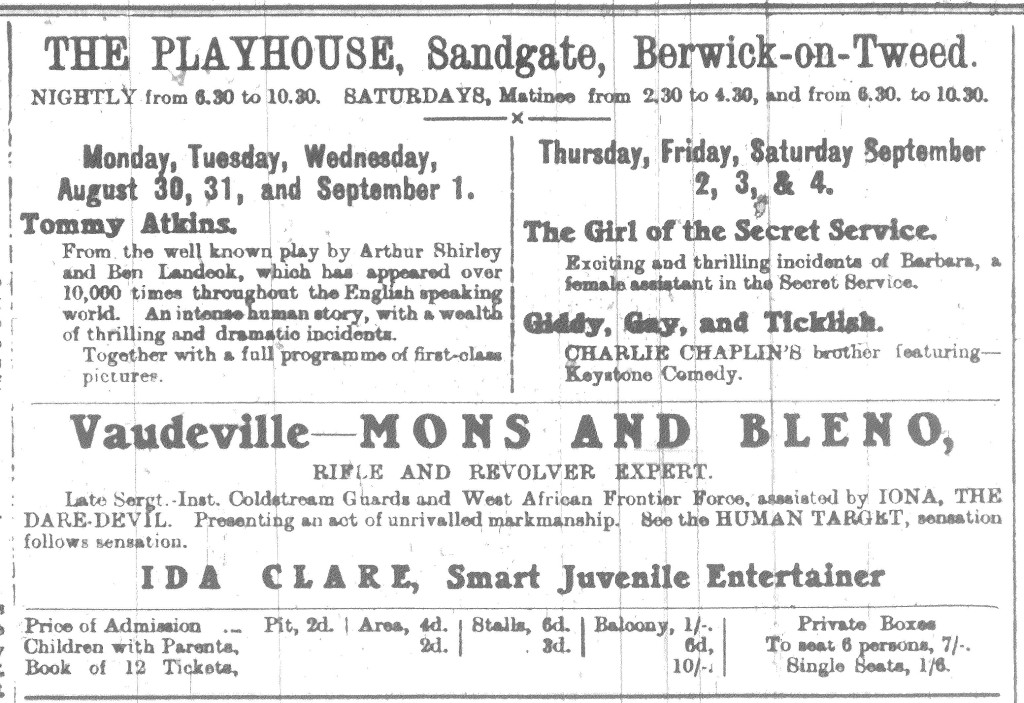
BELFORD CENTENARIAN
MRS ISABELLA LEARMOUTH OF ROSS
A happy event was celebrated at Ross, Belford, on the 5th August, when Mrs Isabella Learmouth, wife of the late George Learmouth, North Sunderland, attained her 100th birthday. Mrs Learmouth, who is the daughter of the late Mr Robert Geggie, is in good health, retains all her faculties and at present is always busily engaged knitting socks and comforts for the troops. On the morning of her birthday she received many letters of congratulations and birthday cards from the following- Rev. J and Mrs Miller, Belford; Mr J. and Misses Blenkinsop, Ross; Miss Arthur, Chathill; Mr David Black, Berwick; Miss P. Aynsley, Blyth; Mr Adam Jefferson, Spittal; Mrs Margaret Clark, Beal; Mrs Hunter, Ross; Misses Ross, Grange Mill; Mr John English, Bedlington; Miss M. Davison, Ross; Miss A. Heffen, Ross; Mr James Hoje,(sic) Ross; Mr George Hope, Ross; Miss M.G.Clark, Newcastle; Mr and Mrs W. Learmouth, Gosforth; Co-operative Society, Ltd, Wooler; Mrs Young, Ross; Miss I. Learmouth, Ross; Mrs Gibson, Bltyh; Mr J. Mole, Belford.
To mark the occasion a birthday cake was made and presented to Mrs Learmouth by Mrs Graham and family, Belford. Mrs Learmouth also sent a birthday cake to her grandson at the front, Lance Corporal George English, 7th N.F., to celebrate the event with his comrades in the trenches. It will be the wish of all that Mrs Learmouth may be long spared to enjoy the quiet eventide of life.
In the 1911 Census, Isabella is living with Alexander Hope, her son-in law at New Shoreston in Bamburgh. According to the Census, she was born at Ayton in Berwickshire.


